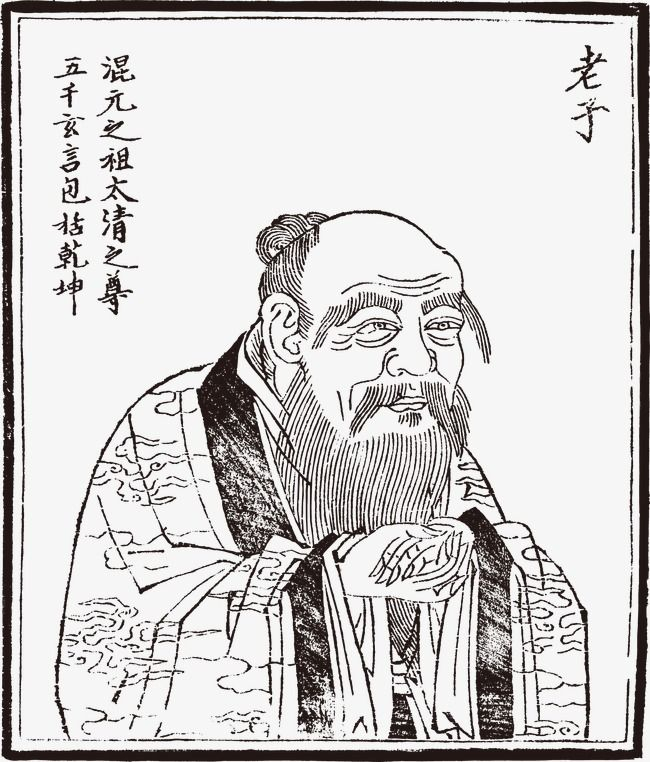Values of Confucianism
Confucius's and his followers' teachings have thus been an integral part of Chinese education for centuries, and the influence of Confucianism is still visible today in contemporary Chinese culture and other East Asian cultures, with its continued emphasis on family relationships, filial piety, and respect, the importance of rituals, the value placed on restraint and ceremonies, and a strong belief in the power and benefits of education.
As previously stated, humanism is a core value of Confucianism. Benevolence, humaneness, and pleasant human experiences are all wrapped up in the word "Ren" in Confucianism. This concept was inextricably linked to Tian (heaven). Confucian values include righteousness, justice, propriety, wisdom, and loyalty.
Confucianism became the foundation of imperial exams that determined who could hold governmental offices, beginning in the Tang Dynasty and extending into the Song Dynasty and even into modern-day China. Confucius's teachings, which later took the form of Neo-Confucianism, eventually achieved the very goal that he set out to achieve: the spread of traditional education that promoted good and productive interactions within Chinese society and culture.
Outside of a few curious academic circles and Chinese migrants, the direct practice of Confucianism is rare in the United States of America. Otherwise, many people are "practicing" Confucianism and are unaware that a man named Confucius ever existed. Take, for example, the Golden Rule, a well-known phrase that pervades many world cultures and religions, including those found in the United States.
Confucius would have supported the concept of the traditional "nuclear family" in the United States, and many Confucian tenets, such as familial piety, echo throughout the Abrahamic religions that dominate the United States of America.












